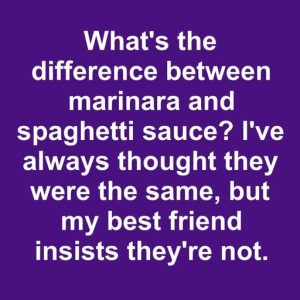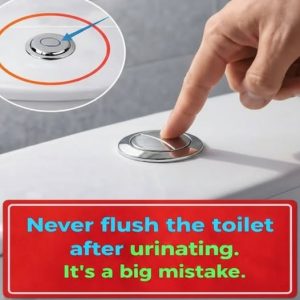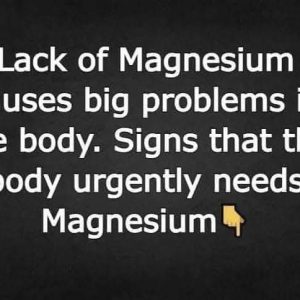Bottled water has become a booming industry in the United States, largely due to the belief that it is cleaner and healthier than tap water. However, research shows that much of this perception is misleading. About 64% of bottled water in the U.S. originates from municipal sources—the same tap water that supplies homes. While some companies further purify this water, others make minimal changes before selling it at a high markup.
Some bottled water brands have faced scrutiny for contamination. Products like Walmart’s Sam’s Choice and Giant Food’s Acadia have been found to contain pollutants that exceed safety limits. This undermines consumer trust, especially for those who purchase bottled water expecting higher purity. In contrast, companies like Nestlé Pure Life and Gerber Pure have earned praise for clearly disclosing their sources and purification methods, such as reverse osmosis and distillation.
Ironically, tap water is often held to stricter standards than bottled water. The Environmental Protection Agency (EPA) enforces rigorous testing and public reporting for municipal water systems. Bottled water, on the other hand, is regulated by the Food and Drug Administration (FDA), which requires less frequent testing and has looser safety protocols. This means that tap water may actually be safer and more consistently monitored.
Further studies have revealed disturbing elements in bottled water, including arsenic, bacteria, and microplastics. These contaminants may come from the bottling process or the plastic packaging itself. Scientists are increasingly concerned about the health risks associated with microplastic ingestion, especially since their long-term effects are still unknown.
Bottled water also poses significant environmental issues. Producing plastic bottles consumes fossil fuels, and billions of them end up in landfills or oceans annually. Switching to tap water and reusable containers can save money and greatly reduce environmental harm.
Ultimately, bottled water is not always the safer or more ethical choice. Tap water—especially when filtered at home—can offer better safety, lower costs, and a smaller environmental impact.





